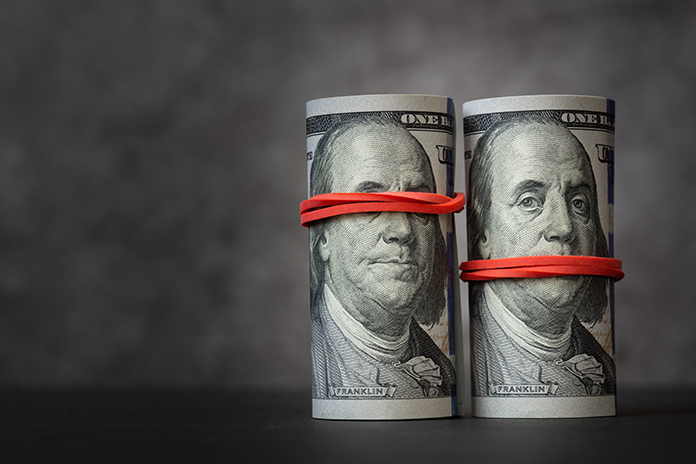Enjoying the fruits of the world’s economic powerhouse make it hard to dismiss the attributes that set the U.S. on top. It also makes it a challenge to ignore those things that so clearly threaten the structure and theme of America.
While it’s very unpleasant to suffer the multi-generational consequences of the unprecedented debt the nation now faces with little to nothing to show for it, recent weeks have created a living and breathing validation for the great American economist James M. Buchanan’s life’s work.
Buchanan (1919-2013), best known for his book The Calculus of Consent: Logical Foundations of Constitutional Democracy, was an economist and farmer. He remains the leading voice for Public Choice Theory and the economic calculation of the level of freedom politicians should be given.
Buchanan believed politicians were far from saints, but rather just “like the rest of us.” It’s overly simplistic to view politicians as benevolent civil servants instead of as people who are more often “motivated in terms of their own private interest,” he said.
Democracy is threatened when someone who behaves selfishly in other areas of their life brings this lack of self-restraint to his political life. Human behavior will always be a pattern—making such disordered behavior predictable.
Buchanan favored smaller government, lower deficits and fewer regulations to maintain the economic opportunity, upward mobility and individual autonomy for which America is known.
The central premise of Public Choice Theory is that concentrated benefit is more politically powerful than its dispersed cost.
Essentially a few people spending a lot of other people’s money untethered by accountability will always end poorly. Politicians only must externalize the cost by driving up inflation and debt. Sound familiar?
Citizens paying the price for a parasitical bureaucracy do not have the time to micromanage the result. The average taxpayer is too busy being a productive member of society.
Hence, the need for a representative republic. And because the physical world will always fill a void, special interest groups will step in to influence the bureaucracy toward their own interests rather than those of the public.
But only for so long. The tipping point is when the level of cost borne by the productive members of society—the makers, the builders, the creators—exceeds their level of tolerance.
Buchanan’s solution is the 1990s-era government maxim of “pay-go.” That is, offset every dollar of new government spending with a dollar of savings. That, and placing legal limits on government spending. In other words—internalize spending.
It’s been said that every person’s knowledge of history begins on the day they were born. If you know who was fond of saying this, you too, may be a resident of Realsville. It’s a world view that accounts for human behavior given to self-preservation, but also eternally tempted by the siren of power.
There are far too many examples of those lesser angels who, with a moment of power, have made the lives of the productive members of society a little harder.
Another great economist, Thomas Sowell, said that the number one rule of economics is scarcity. There is never enough to satisfy all the wants of a society. He also said that the number one rule of politics was to ignore the number one rule of economics.
It’s wonderful that we may be witnessing the great unraveling of the number one rule of politics.
Here’s to a productive and prosperous 2025. Hope is on the horizon.













